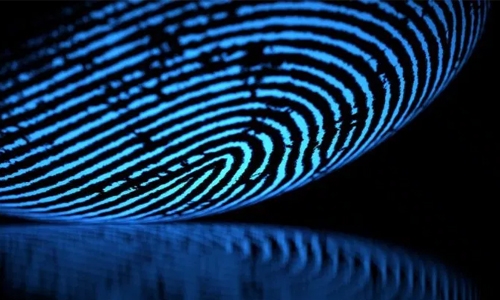Six-year later, fingerprints lead to suspects in IED case
Culprits in an unsolved sixyear-long case have been jailed, thanks to the fingerprints found on an Improvised Explosive Device (IED) planted on King Fahad Causeway. According to the court files, fingers prints retrieved from an IED device planted on the King Fahad Causeway, back in 2013, led to identifying the two men involved in the crime.
The men were already serving jail terms of 15 and 33 years in the Rehabilitation and Reformation Centre (Jau Prison) when their involvement in the case was found. Investigators found that the two suspects made the IED with the help of a terrorist Redha Al Ghasra who was killed in a shootout with security forces in 2017 while attempting to escape to Iran. In light of the new findings, the Fourth High Criminal Court awarded another 10 years of imprisonment to the men on charges of manufacturing the explosive device.
The Court also ordered them to pay a fine of BD500 each. Court files say, the IED, planted on the King Fahd Causeway, was found by a cleaner, who then reported it to the police. The cleaner told the police that he found a black garbage bag hanging on the steel fence of the causeway, with an unusual looking cooking pot in it. Investigators, who reached the scene, immediately, found that the ‘wired pot’ was, in fact, an explosive device. Police later retrieved four different fingerprints from the pot.
After comparing the fingerprints with those in the police archives, two of them matched with the culprits, who were already serving jail terms. The suspects were charged with manufacturing explosives, receiving military training abroad and joining terrorist cells.
Related Posts

